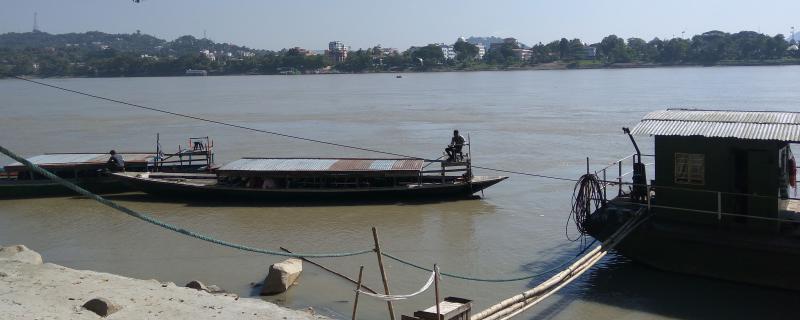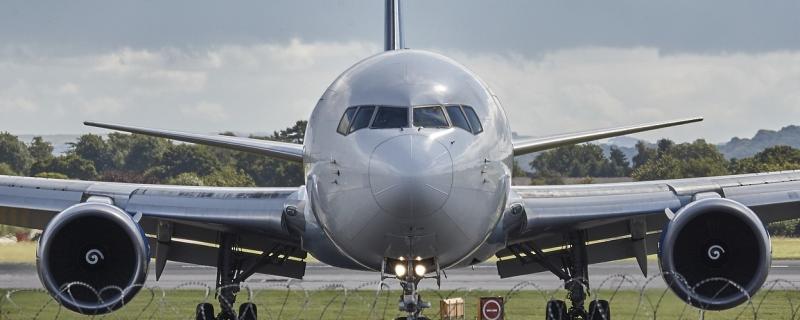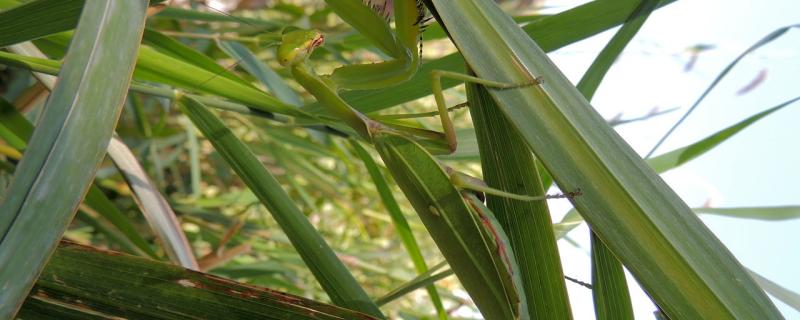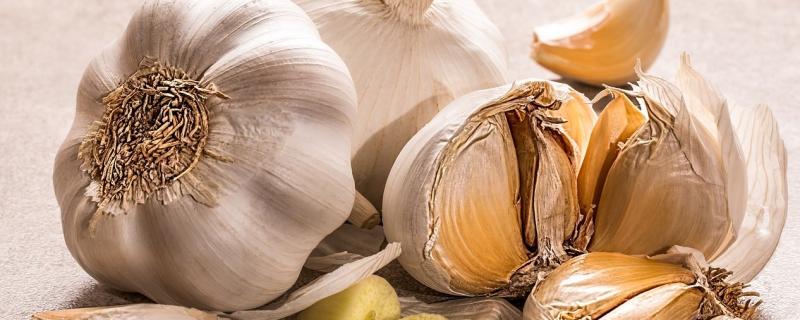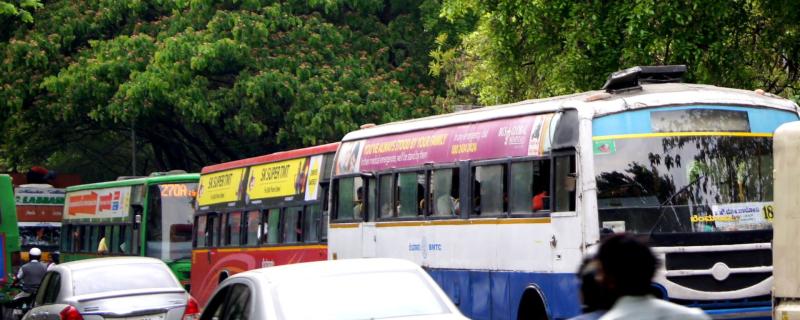A recent study by researchers from the Department of Environmental Science, Tezpur University, Assam, and the Department of Earth Sciences, Indian Institute of Technology Gandhinagar, Gujarat on the groundwater in the Brahmaputra floodplains has revealed some alarming information. The study has detected the presence of arsenic, uranium and fluorides (compounds of the element fluorine) that can affect the wellbeing of the people in this region.
News
Researchers at the University of Washington in St. Louis have identified a subset of suprachiasmatic nucleus neurons that help the body clock readjust to jet lag.
Researchers have presented an extensive statistical estimation of the damage caused by firearms worldwide.
In an exciting recent study, researchers have reported, for the first time, an accidental encounter of a male praying mantis (Hierodula tenuidentata), eating a guppy fish (Poecilia reticulata) in Karnataka.
200 scientists and 73 research institutions from 20 countries have sequenced the entire genome of the bread wheat (Triticum aestivum), it took them 13 years to accomplish.
Researchers studied how aged garlic extract can help fight cancer and repair damaged liver.
Researchers from IISC, Bengaluru, investigated the role of the protein Sirtuin 6 in the process of energy generation from glucose in a failing heart.
Researchers from IIIM, Jammu, have designed an anticancer drug from the medical herb Babchi.
Dr Veena Srinivasan, who leads the Water, Land and Society Programme at the Ashoka Trust for Research in Ecology and the Environment (ATREE), Bengaluru, has been appointed to the Prince Claus Chair at Utrecht University, Netherlands. A doctorate from Stanford University, Dr Srinivasan has been named to the International Development Studies Research Centre in the Department of Human Geography and Planning at the university.
Data obtained from passengers in public transport vehicles helps improve the accuracy of measuring geolocation.
